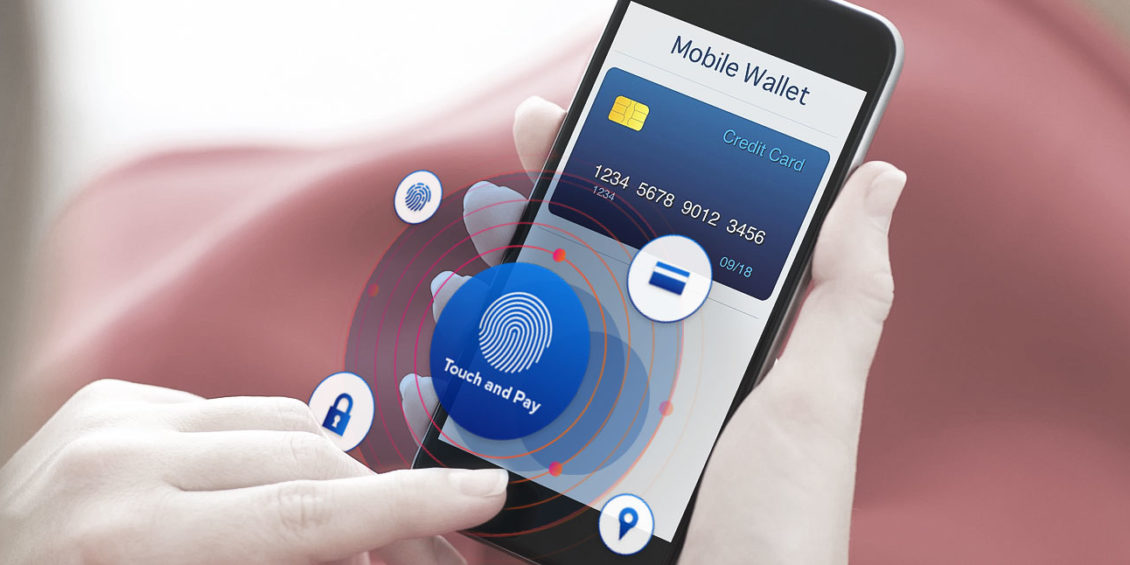
Exploring if—and When—We Might See the World’s First Cashless Economy
Once seen as very improbable, the real possibility of the first “cashless society” is a hot discussion topic these days.
Many speculate that the first economy to go completely digital will be India. Surprising, considering just 2% of all transactions in the country were non-cash less than five years ago. However, the drive to jumpstart the country’s monetary policy by banning most bills last year led to billions of dollars entering India’s non-cash economy, enticing a wave of new investment in the country.
We’re left to speculate: can a cashless society really work? And what will be the ramifications if one finally arrives?
Why Push for a Cashless Economy?
It costs somewhere in the ballpark of $200 billion each year to keep cash in circulation in the US, which translates to about 1/20 of the entire federal government’s annual budget. It’s understandable, then, why governments around the world would want to encourage greater adoption of cashless payments.
Most US consumers prefer to pay by card these days, and the US and other developed nations like Germany, Japan, and China could stand to unlock substantial value by going cashless. Governments would save billions each year on printing, circulating, and collecting paper money. Consumers would save the cost of ATM fees and the cost of getting to an ATM; plus, they wouldn’t risk losing funds just because they lost the paper currency.
Not only that, but it would bring to light a great deal of money currently lost in the shadows by providing a major obstacle to under-reported cash holdings.
Obstacles to Cashless Adoption
It’s not quite that simple, though, because of many decades of entrenched banking regulations. Even though consumers in developed countries tend to prefer plastic to cash, moving to a cashless economy would still mean a fundamental re-envisioning of the entire economy.
Cash also remains the dominant mode of payment throughout the world at large, and is almost universal among poorer populations in the developing world.
Poorer individuals are accustomed to relying on cash, as they are much more likely to be unbanked than middle income or wealthy individuals. They also tend to live in areas with less-developed payments infrastructure and which have fewer resources to acquire the necessary technology. Any move toward a cashless society would shut-out people who, for one reason or another, don’t have easy access to digital payments technology.
While all of that seems like an impassable obstacle to dumping cash, it may actually be a catalyst in many developing markets.

Developing Economies Will Go Cashless First
Largely-unbanked economies do not have the weight of entrenched banking infrastructure like developed countries, making them prime candidates for early adopters of a cashless economy. The key to unlocking rapid transition is mobile technology.
Mobile devices are ubiquitous, even in poorer and developing economies. There are millions of people around the world who do not have access to traditional banking, but do own a smartphone.
New tech solutions are expediting digital finance to help developing economies leap-frog progress in more developed parts of the world. Those markets which were previously hampered by a lack of development could be the first to go cashless as a result.
The Groundwork is Already in Place
We already have several technologies at our disposal that will play a major role in enabling the move to a cashless economy. Just a few examples include:
P2P Payments
Apps like Venmo allow users to send money back and forth without any fee. This allows peer-to-peer digital payments to go through as easily as handing someone a dollar bill.
Blockchain
Blockchain technology offers several benefits for users including better fraud protections, more efficient infrastructure, and instant payments clearing. The kind of P2P payments mentioned above could be finalized in a matter of seconds, rather than days.
Digital Wallets
No need to carry around a wallet full of easily-misplaced bills when mobile payments offer the benefit of 2-factor authentication.
Wealth Management Apps
It’s still not a good idea to trust one’s finances entirely to a machine, but robo-advisers and other digital services can help laypeople manage their funds more effectively. It’s much better than keeping a mound of cash under your mattress, at the very least.
Crowdfunding & P2P Lending
New financing options allow individuals to look to their peers for loans or investments rather than going to a traditional financial institution. An unbanked individual can launch a business entirely from her phone.
There’s Still a Long Way to Go
The idea of going cashless may give many people anxiety, but it’s still a bit premature to get too excited. The cashless revolution isn’t coming any time in the immediate future.
With many countries taking steps in that direction, though, cash will become less and less ubiquitous in the next few decades. It’s too early to say how long before cash goes the way of personal checks, but it would be wise to start planning and adapting our economies for that inevitability.
